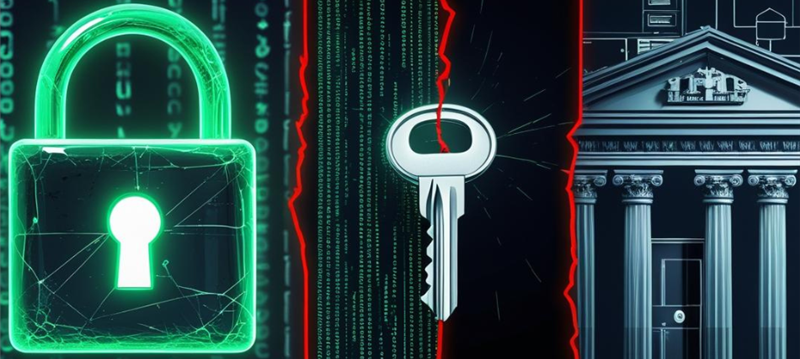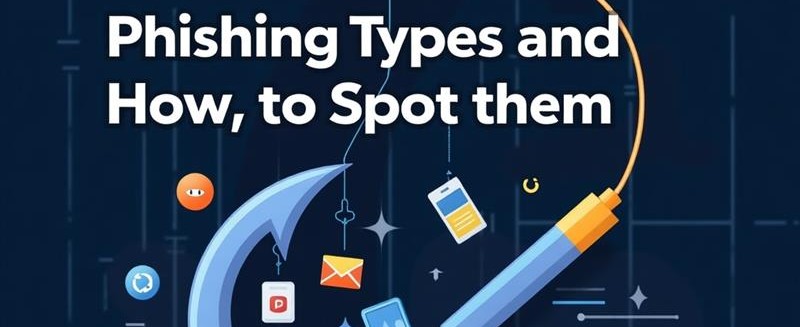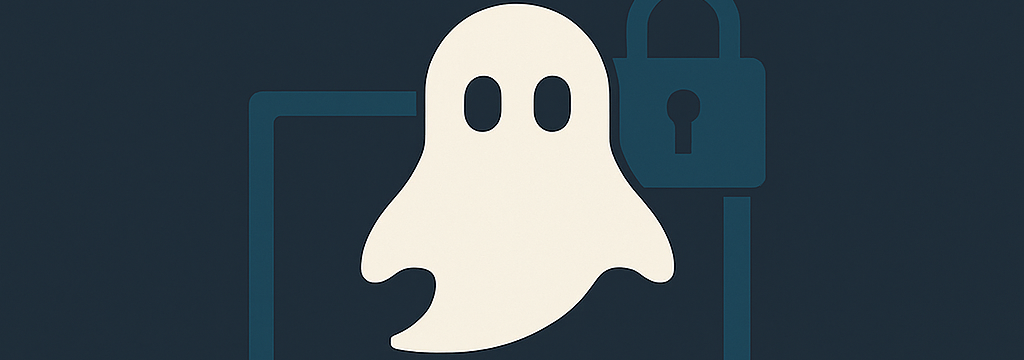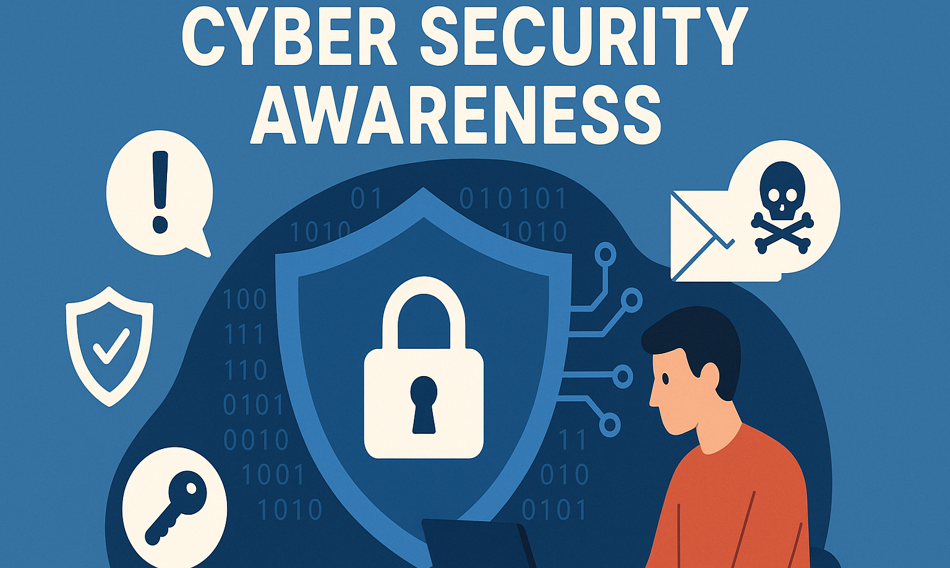Your Secrets vs. their Safety: The rising battle over encrypted tech
In this digital era where our chats, banking transactions, archived photos everything lives in the cloud, encryption has come out as a lock to safeguard our personal information. While encryption is the most needed thing for the billions of users using the internet and social media in this digitally evolving landscape, it has become a matter of concern for government agencies who are trying hard to combat terrorism, online fraud, and other crimes. Sadly, encryption has now become a toolkit for terrorists and many other criminals who use it as a way to hide their heinous crimes from the eyes of the government. The only important question that arises out of this problem is: Can our privacy and safety go hand in hand?

What is Encryption?
Encryption is a form of data security that converts normal text to ciphertext. Since our conversations, banking details, and medical records everything remains in the cloud these days, it ensures that only you and the intended receiver can access the information ensuring the privacy of the user.
How does strong encryption ensure privacy?
Strong encryption is of sheer necessity in this digitally advanced world where the most important asset is data. The advantages of strong encryption are:
- It protects our data from hackers, online theft, and digital surveillance by making our data inaccessible to third–parties.
- It is extremely important for journalists and other professionals who handle confidential information.
- Ensures secure communication in banking and e-commerce.
Why is encryption a threat to governments?
While encryption is a boon for people seeking data privacy, it has now become a weapon for terrorists, child predators, and identity theft. These encrypted messaging apps are now a new battleground for these criminals. Many governments across the world have reported that even after having proper court–issued warrants, they cannot access the contents of messages, devices, or cloud backups because they are encrypted. Many governments across the world have proposed the idea of opening ‘backdoors’ for the national agencies to access encrypted data which will help these agencies tackle terrorism and various other crimes.
The Risks of Government Backdoors
A lot of debates and arguments have been held between encrypted platforms and governments to create backdoors for governments. But many experts believe it to be not ‘so safe’ for everyone.
- These technical backdoors can be also discovered and exploited by hackers and foreign governments.
- This will lead to a lack of trust of users on these platforms and they don’t fully secure our information.
Some notable proposals for such backdoors are:
Australia’s Assistance and Access Act (2018)
The Australian Telecommunications and Other Legislation Amendment (Assistance and Access) Act 2018 (also known as the Assistance and Access Act or TOLA Act) empowers the Australian government to request telecommunications providers and technology companies to access encrypted communications. This is aimed at assisting law enforcement and national security agencies in accessing all encrypted communications and technologies to prevent terrorism and serious crime issues. This Act has been the subject of significant debate and controversy, with concerns raised about the balance between national security, individual privacy, and the potential impact on encryption technologies. However, the Act can also cause several problems, such as the loss of user privacy, and it could also allow attackers and governments from different nations to take advantage of gaining access to users’ private data.
UK’s Investigatory Powers Act (“Snooper’s Charter”)
The Investigatory Powers Act 2016 is a UK law that allows government agencies the legal power to carry out surveillance. This Act set rules on how authorities can access all the calls, emails, and the logs of internet used by the users and also can hack the users if needed. The law also allowed the bug so that it could be accessed by the secret agents. At some point, this Act also includes the government asking service providers (Tech Companies) to change their services so that they can be monitored. To make sure the power is not being misused the special office called the Investigatory Powers Commissioner’s Office (IPCO) was created to check over how the law is used. The Act is meant to help protect national security, but it faces heavy controversy. Almost everyone started believing that the government was taking too much control of people’s privacy.
“EARN IT” Act in the U.S.
The EARN IT Act is a proposed law in the U.S. that tries to stop the spread of child sexual abuse content online. It would make websites and apps more responsible for what users post by changing a law that currently protects them. The act also plans to create a group that gives safety advice to tech companies and asks these companies to report and keep records of any abuse they find. People who support the law say it will help protect children, but others are worried it could weaken privacy, make it harder to use secure messaging, and limit free speech by forcing companies to watch and control too much of what users post.
Conclusion
Although there are no easy answers to this dilemma of whether our privacy and security can go hand in hand, we hope that the conclusion to this problem will benefit both the common people whose usage of these social media problems stands on the pillar of trust that our data is secured as well as the government agencies who work day and night for our security and protection. In order to find a perfect answer to this question, we must encourage public dialogue that is informed by both technical realities and ethical concerns.




